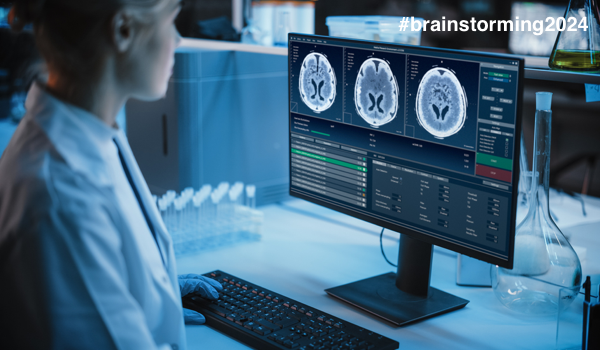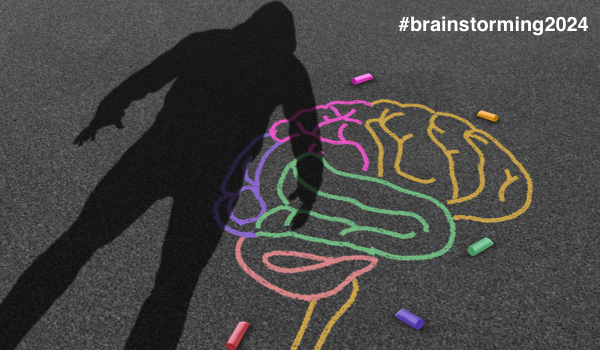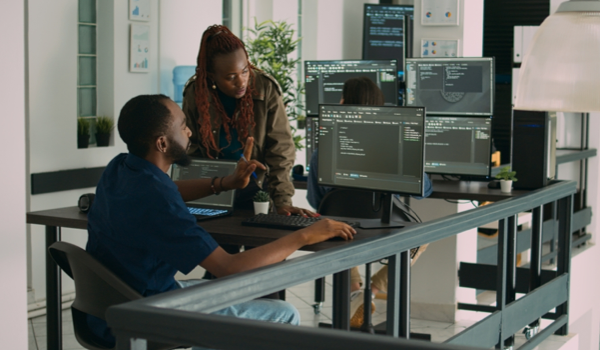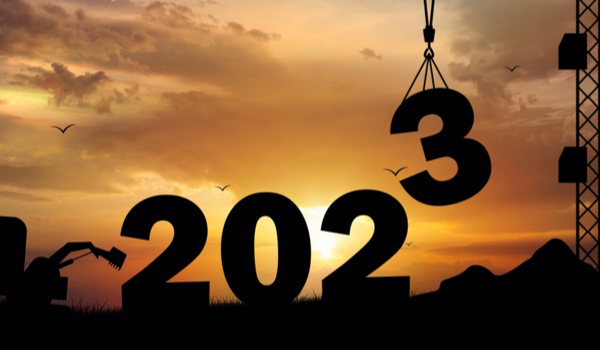

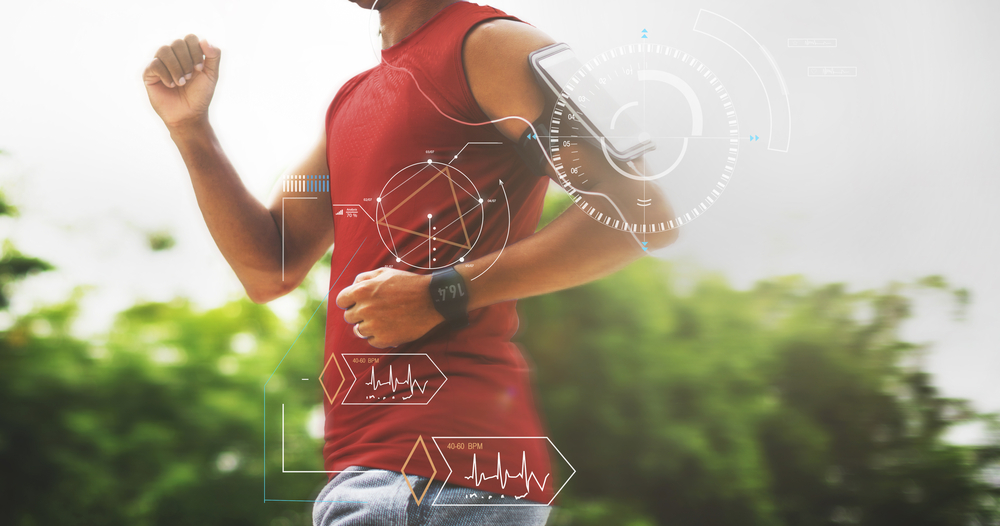
LONDON - An Apple a day…
Later this year, Series 7 of the phenomenally successful Apple Watch will be launched. The company has unveiled a new watch every September since 2015, and the cottage industry of Apple followers speculates Series 7 will feature a blood glucose measurement, using a relatively new technology of terahertz electromagnetic radiation. Blood glucose measurement is especially useful for diabetics. Blood alcohol measurement, and better sleep monitoring are also candidates for inclusion this time round.
Apple has not simply added just another device to its product line-up. Chief Executive Officer Tim Cook is not promoting gimmicks, he has lofty ambitions for the company in the healthcare sector.
"I really believe that if you zoom out to the future and then look back and ask, ‘What has Apple's greatest contribution been?’ it will be in the health and wellness area," Cook said.
At the heart of this contribution will be artificial intelligence (AI).
Apple’s vision for the future of healthcare is shared by United States cardiologist and author Eric Topol, who has written a series of successful books describing how wearable sensors will monitor us continuously, and feed the data to automated systems that will keep a constant watch for danger signals. Additionally, it will detect when something is amiss in good time to have it fixed before it becomes a serious problem. AI systems, with rigorous privacy precautions, will also trawl through the resulting oceans of data, looking for patterns, and yielding unexpected discoveries about how pathologies develop, and how to detect them early on.
The future of healthcare is on your wrist
Apple does not disclose sales figures by product, but analysts estimate that since it was launched in 2015, 100 million watches have been sold. In the US, one-th
The content herein is subject to copyright by The Yuan. All rights reserved. The content of the services is owned or licensed to The Yuan. Such content from The Yuan may be shared and reprinted but must clearly identify The Yuan as its original source. Content from a third-party copyright holder identified in the copyright notice contained in such third party’s content appearing in The Yuan must likewise be clearly labeled as such. Continue with Linkedin
Continue with Linkedin
 Continue with Google
Continue with Google









 5418 views
5418 views



